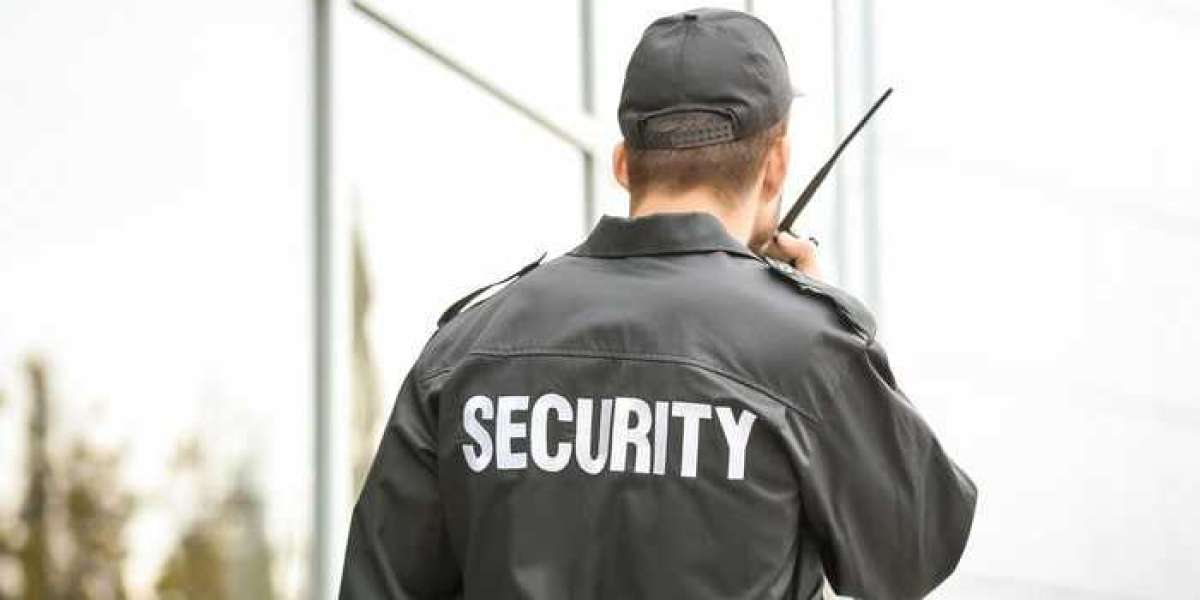Security services play a vital role in maintaining safety and order in various settings, ranging from residential neighborhoods to bustling commercial districts. However, not all security services operate in the same manner or address the same needs. Emergency security guard services and regular security guard services differ significantly in their objectives, operational dynamics, and response protocols. Understanding these differences is crucial for businesses and individuals seeking the right level of security for their specific requirements.
Purpose and Scope:
Regular security guard services focus on maintaining a steady, long-term presence to deter crime, enforce rules, and ensure the safety of property and individuals. These guards are typically stationed at businesses, residential complexes, or public venues, performing tasks such as monitoring surveillance systems, conducting routine patrols, and controlling access to premises. Their primary objective is to create a safe and secure environment by proactively preventing security issues from arising.
In contrast, emergency security guard services are designed to address critical, time-sensitive situations. These services are activated in response to unexpected events such as natural disasters, civil unrest, break-ins, or other emergencies. The primary goal of emergency guards is to provide immediate and effective response to mitigate risks, protect lives, and minimize damage during high-stakes situations. The scope of their duties is broader and more dynamic, often requiring them to adapt quickly to unpredictable scenarios.
Training and Skills:
The training and skill sets required for emergency security guards are typically more advanced than those of regular security personnel. While both types of guards receive basic training in areas such as surveillance, reporting, and conflict resolution, emergency security guards undergo specialized training to prepare for high-pressure situations. This includes:
Emergency response techniques: Learning how to handle crises such as fires, medical emergencies, and evacuations.
Crowd management: Ensuring the safety of large groups during events or in situations of panic.
Risk assessment: Identifying potential threats and devising strategies to neutralize them swiftly.
Advanced communication skills: Coordinating with law enforcement, medical teams, and other emergency services.
This specialized training equips emergency security guards with the ability to think critically and act decisively under pressure, ensuring a swift and effective response during emergencies.
Availability and Deployment:
Regular security guards are typically employed on a fixed schedule, providing consistent coverage for designated areas. They are a visible deterrent to potential threats and offer reassurance to employees, residents, or visitors. Their presence is planned and predictable, making them ideal for ongoing security needs.
Emergency security guard services, however, operate on an on-demand basis. They are deployed rapidly in response to specific incidents or elevated threats. This level of responsiveness requires a robust infrastructure, including 24/7 dispatch centers and a pool of highly trained personnel ready to be mobilized at a moment's notice. Their deployment is often short-term but highly intensive, focusing on immediate risk mitigation.
Equipment and Technology:
The equipment and technology used by emergency security guards often differ from those utilized by regular security personnel. Regular guards typically rely on standard tools such as surveillance cameras, radios, and access control systems to maintain security.
Emergency guards, on the other hand, may use advanced equipment tailored to crisis situations. This can include portable communication systems for coordination during large-scale emergencies, first aid kits, personal protective equipment (PPE), and even specialized vehicles for rapid response. Additionally, they may have access to real-time intelligence systems to monitor evolving threats and adjust their strategies accordingly.
Legal and Regulatory Considerations:
Both emergency and regular security services must comply with local laws and regulations, but emergency services often operate within a more complex legal framework. For instance, emergency guards may need to work closely with government agencies, law enforcement, and emergency response teams, requiring a deep understanding of jurisdictional protocols and legal boundaries. They must also be prepared to navigate ethical considerations, such as balancing individual rights with public safety during crisis scenarios.
Flexibility and Adaptability:
One of the most distinguishing features of emergency security guard services is their adaptability. Regular guards follow established routines and protocols, which are effective for day-to-day security needs. Emergency guards, however, must be prepared to face unpredictable challenges. Their ability to think on their feet, make quick decisions, and adapt to rapidly changing circumstances sets them apart. Whether managing a sudden evacuation or responding to a natural disaster, emergency guards excel in dynamic environments where standard procedures may not suffice.
Cost Considerations:
Due to the specialized training, equipment, and rapid deployment capabilities involved, emergency security guard services are generally more expensive than regular security services. However, their value lies in their ability to provide immediate and effective protection during critical situations. For businesses or individuals facing heightened risks, the investment in emergency security services can be invaluable.
Final Thought:
While both emergency and regular security guard services share the common goal of protecting people and property, their roles, training, and operational approaches are distinct. Regular security guards provide a consistent, visible presence to deter threats and maintain order over the long term. Emergency security guards, on the other hand, are highly trained specialists who respond to crises with speed and precision. By understanding these differences, organizations and individuals can make informed decisions about the type of security services that best meet their needs, ensuring safety and peace of mind in any situation.








